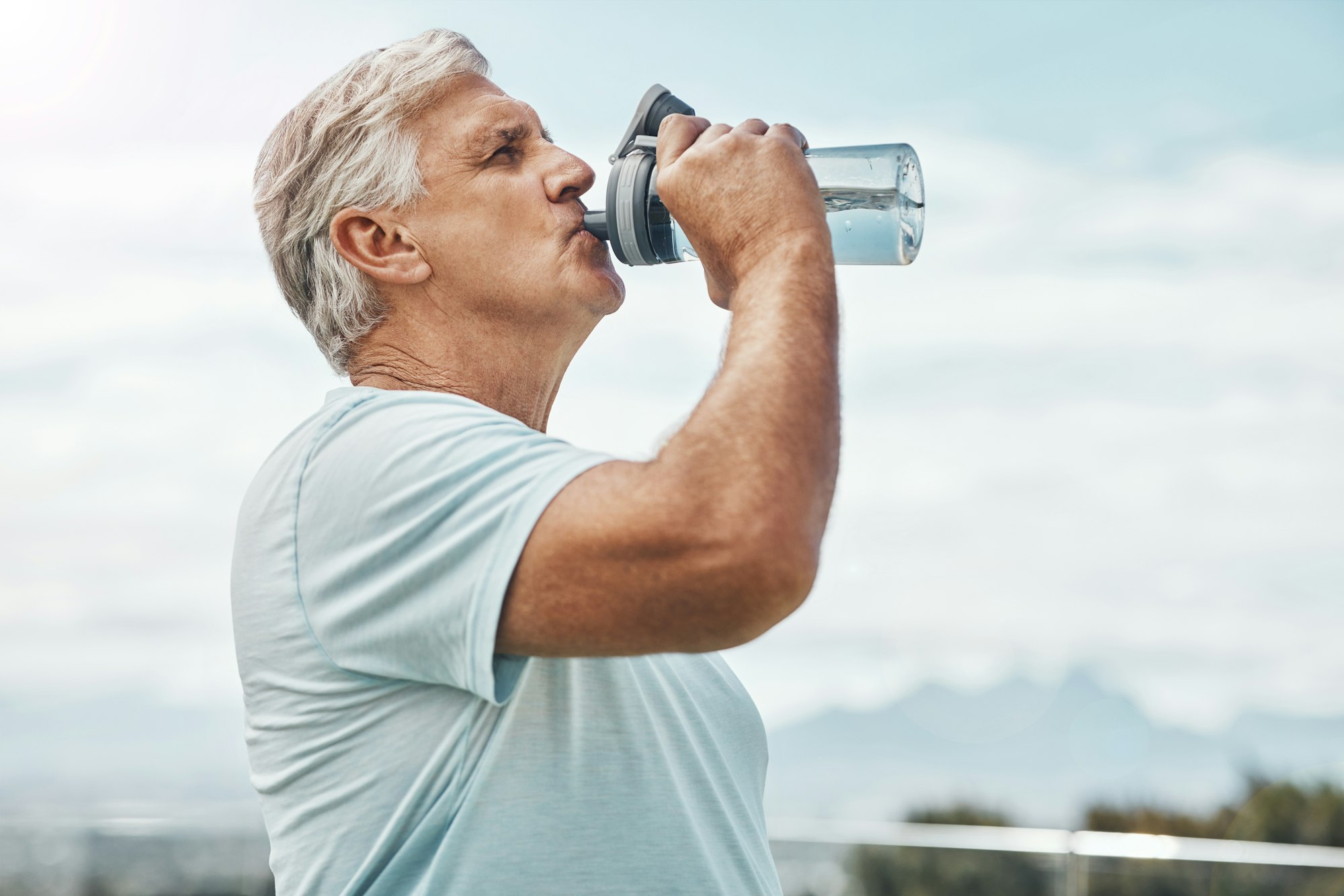Water is often touted as the elixir of life, and for good reason. It’s not just essential for survival; it’s also crucial for achieving your fitness goals. Whether you’re an athlete, a fitness enthusiast, or just starting your wellness journey, understanding the science of hydration can significantly impact your performance, recovery, and overall health.
1. The Basics of Hydration
1.1 What is Hydration?
Hydration refers to the process of maintaining an adequate balance of fluids in the body. Water makes up about 60% of our body weight and is vital for various physiological functions, including digestion, absorption, circulation, and temperature regulation.
1.2 Why is Hydration Important?
Every cell, tissue, and organ in your body needs water to function correctly. Proper hydration helps:
- Transport nutrients and oxygen to cells
- Flush out toxins and waste products
- Maintain body temperature
- Lubricate joints
- Support healthy skin
2. How Hydration Affects Fitness Performance
2.1 Enhanced Physical Performance
When you’re dehydrated, your physical performance can suffer. Even mild dehydration can impair various aspects of athletic performance, including endurance, strength, and power. Water helps regulate body temperature, which is crucial during exercise to prevent overheating and exhaustion.
2.2 Improved Recovery
Hydration plays a key role in muscle recovery. Water helps transport nutrients to muscles, which aids in repair and recovery post-exercise. Staying hydrated reduces muscle soreness and speeds up the recovery process, allowing you to train more effectively.
2.3 Increased Energy Levels
Dehydration can lead to fatigue and decreased energy levels. Water is essential for metabolic processes that convert food into energy. Proper hydration ensures that your body has the energy it needs to perform optimally during workouts.
3. Signs of Dehydration and How to Avoid It
3.1 Common Signs of Dehydration
- Thirst
- Dry mouth and lips
- Dark yellow urine
- Fatigue
- Dizziness or lightheadedness
- Muscle cramps
3.2 Tips to Stay Hydrated
- Drink Regularly: Don’t wait until you’re thirsty to drink water. Keep a water bottle with you and sip throughout the day.
- Monitor Your Urine: Light-colored urine typically indicates good hydration levels, while dark yellow urine may suggest dehydration.
- Eat Hydrating Foods: Incorporate water-rich foods like fruits (e.g., watermelon, oranges) and vegetables (e.g., cucumber, lettuce) into your diet.
- Adjust for Activity Levels: Increase your water intake before, during, and after exercise to compensate for fluid loss through sweat.
- Watch for Heat: Hot and humid conditions increase the risk of dehydration. Drink more water during these times.
4. Hydration and Different Types of Exercise
4.1 Cardio Workouts
Cardiovascular exercises like running, cycling, and swimming can lead to significant fluid loss through sweat. It’s important to hydrate before, during, and after cardio sessions. For workouts lasting longer than an hour, consider drinks with electrolytes to replenish lost minerals.
4.2 Strength Training
Strength training also requires adequate hydration to maintain muscle function and reduce the risk of cramps. Drinking water helps maintain blood volume and muscle pump, improving your strength and endurance during weightlifting sessions.
4.3 High-Intensity Interval Training (HIIT)
HIIT workouts are intense and can cause a lot of sweating in a short period. Hydrate well before starting, and take small sips of water during breaks to keep your hydration levels up.
5. The Role of Electrolytes in Hydration
5.1 What are Electrolytes?
Electrolytes are minerals (such as sodium, potassium, and magnesium) that help maintain fluid balance in the body. They are essential for nerve function, muscle contraction, and maintaining proper hydration levels.
5.2 How to Replenish Electrolytes
During prolonged exercise or intense workouts, you lose electrolytes through sweat. To replenish them:
- Drink electrolyte-infused water or sports drinks.
- Eat foods rich in electrolytes, such as bananas, avocados, and yogurt.
- Consider electrolyte supplements if you’re engaging in long-duration or high-intensity activities.
6. Practical Hydration Strategies
6.1 Pre-Workout Hydration
Start your workout well-hydrated. Drink at least 16-20 ounces of water 2-3 hours before exercising. Have another 8 ounces about 20-30 minutes before you begin.
6.2 During Workout Hydration
Aim to drink 7-10 ounces of water every 10-20 minutes during exercise. For longer or more intense workouts, consider an electrolyte drink.
6.3 Post-Workout Hydration
Rehydrate after your workout to replace the fluids lost through sweat. Drink 16-24 ounces of water for every pound of body weight lost during exercise. Continue to sip water throughout the rest of the day to stay hydrated.
Conclusion
Hydration is a fundamental aspect of fitness that should not be overlooked. Proper hydration enhances physical performance, aids recovery, and supports overall health. By understanding the importance of water and adopting practical hydration strategies, you can optimize your fitness goals and enjoy a healthier, more energetic lifestyle. Remember, staying hydrated is not just about drinking water—it’s about maintaining a balance that supports your body’s needs, both during exercise and in everyday life. Drink up and stay fit!


